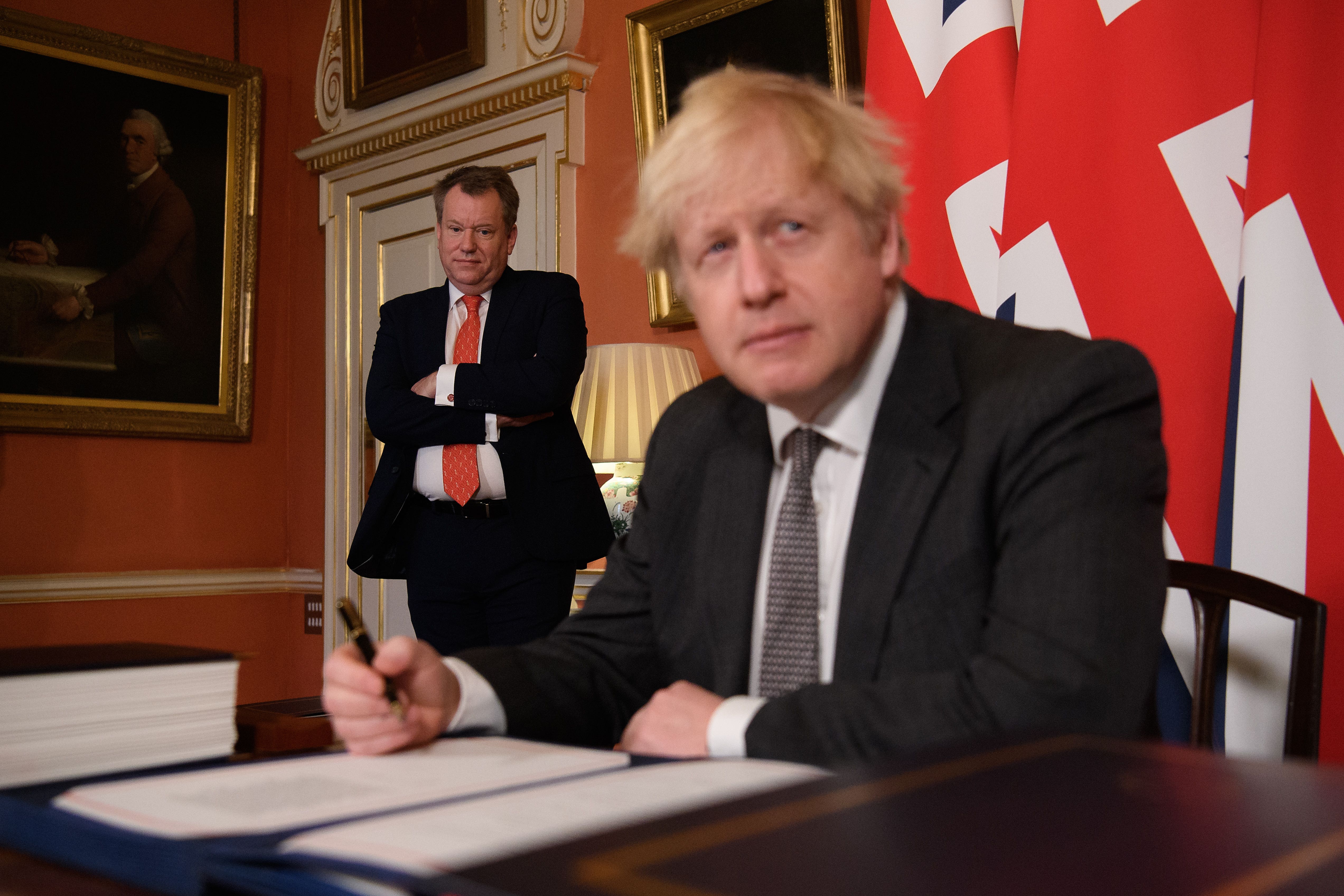Brexit red tape sees work for UK musicians dry up in EU: ‘It’s killing us’
Almost half of British performers have had less work in Europe since UK exit, survey finds

Your support helps us to tell the story
From reproductive rights to climate change to Big Tech, The Independent is on the ground when the story is developing. Whether it's investigating the financials of Elon Musk's pro-Trump PAC or producing our latest documentary, 'The A Word', which shines a light on the American women fighting for reproductive rights, we know how important it is to parse out the facts from the messaging.
At such a critical moment in US history, we need reporters on the ground. Your donation allows us to keep sending journalists to speak to both sides of the story.
The Independent is trusted by Americans across the entire political spectrum. And unlike many other quality news outlets, we choose not to lock Americans out of our reporting and analysis with paywalls. We believe quality journalism should be available to everyone, paid for by those who can afford it.
Your support makes all the difference.The devastating impact of Brexit on Britain’s touring musicians has been revealed in a major survey of the struggling sector – with some performers forced to quit their profession.
Almost half of UK musicians (47 per cent) say they have had less work in the Europe since the country’s exit from the bloc, while more than a quarter (28 per cent) have had no work in the EU at all.
The new report by the Independent Society of Musicians (ISM) warned that the red tape enforced by Boris Johnson’s Brexit deal was still having “an enormously damaging” effect on British bands and singers.
Major British music stars – from Damon Albarn to Sir Elton John – have attacked the government for failing to bring down the barriers to touring. The Blur frontman recently called Brexit a “tragedy”.
British mezzo soprano Jennifer Johnston said on Tuesday that Brexit was “quietly killing our world-class music sector” – blaming the Tory government’s “unwillingness” to renegotiate visas and other touring bureaucracy with Brussels.
Calling for a new visa-free travel deal, the star added: “It is time for the government to pull its finger out and reverse some of the damage being done before it is too late.”
The survey of 400 musicians for the ISM report found that one in four (25 per cent) have had EU work cancelled since Brexit because of problems with visas and work permits, extra travel costs and carnets – the paperwork needed for instruments and equipment.
Some said Brexit had effectively destroyed their career. One unnamed musician taking part in the survey said: “Work has come to a halt. The offer of European gigs simply dried up. My band simply can’t make any kind of living in the tiny UK market, so we basically have folded as a working band.”
Another UK musician said there were applying for an Irish passport “just to try and get around all the red tape and issues not being in the EU has caused”.

Performers also pointed to the extra time and cost involved in travelling across borders with complex equipment. Under the Schengen visa waiver scheme, people in the music sector are limited to spending 90 days in a six-month period in the EU.
The ISM has urged Rishi Sunak’s ministers to negotiate a bespoke visa waiver agreement with Brussels allowing British performers to work in any part of the bloc for up to 90 days in a period of 180 days.
They also called on the government to work towards exemptions for musical instruments and equipment in the carnet rules, as well as an exemption from “cabotage” rules – governing the transport of goods between two places in the same country – for the creative industries.
“UK music is a great success story and we are rightly proud of it,” said ISM chief executive Deborah Annetts. “The government has been asleep on the job – it could have tackled many of the issues facing the music sector by itself and made Brexit work. It chose not to.”
She added: “Brexit should never have meant that musicians cannot share their talent freely with our closest neighbours. We call on the government to take action and make Brexit work for the wellbeing of musicians and our economy.”
The Independent revealed in 2021 that the Tory government rejected an EU offer of visa-free tours by musicians to all countries in the bloc, despite blaming Brussels for the permits required.
A “standard” proposal to exempt performers from costs and bureaucracy for 90 days was turned down, sparking criticism from Radiohead frontman Thom Yorke, Charlatans star Tim Burgess, Laura Marling and others.
Responding to the ISM report, Paul Carey Jones, a freelance opera singer, said: “As ever, it’s those at the start of their careers, without the backing of an established reputation, who will suffer the most.”
The government has been contacted for comment.




Join our commenting forum
Join thought-provoking conversations, follow other Independent readers and see their replies
Comments